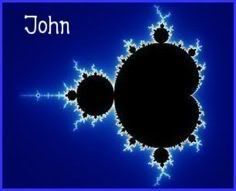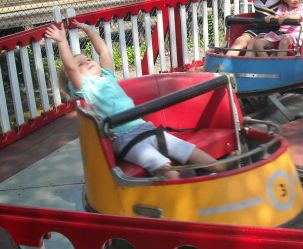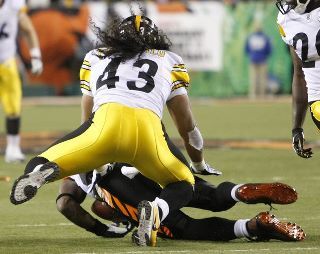Post by John on May 2, 2007 9:57:04 GMT -5
Focus is on deep brain stimulation to treat disorders
Monday, April 30, 2007Zachary LewisPlain Dealer Reporter
Obsessive-compulsive disorder nearly destroyed Jennifer Shortridge of Twinsburg.
Minor tasks like showering and tying shoes became frustrating labyrinths of repetitive motions.
Just as frustrating, she found her memory sliding, robbing her of the focus she needed to take control of her life.
Now Shortridge and other OCD patients are finding relief in a treatment originally used for movement disorders such as Parkinson's disease.
Deep brain stimulation - or DBS - seems to alleviate the symptoms of obsessive-compulsive disorder and, most recently, has helped patients like Shortridge regain their memories.
"I'm using these big words that I couldn't even spell before," Shortridge said.
Deep brain stimulation uses a pacemaker device, implanted in the chest with electrodes running to the brain. The device delivers electrical impulses to the brain.
Doctors at the Cleveland Clinic have early evidence suggesting that, besides relieving symptoms, deep brain stimulation helps those with severe depression and OCD remember detailed information.
"If they can't remember things, then they're not" focusing, said Clinic neurologist Dr. Donald Malone. "For them, that's all the time."
Memory impairment also erodes morale, which hinders other avenues of therapy, Malone said.
www.cleveland.com/medical/plaindealer/index.ssf?/base/news/1177930739166890.xml&coll=2
Monday, April 30, 2007Zachary LewisPlain Dealer Reporter
Obsessive-compulsive disorder nearly destroyed Jennifer Shortridge of Twinsburg.
Minor tasks like showering and tying shoes became frustrating labyrinths of repetitive motions.
Just as frustrating, she found her memory sliding, robbing her of the focus she needed to take control of her life.
Now Shortridge and other OCD patients are finding relief in a treatment originally used for movement disorders such as Parkinson's disease.
Deep brain stimulation - or DBS - seems to alleviate the symptoms of obsessive-compulsive disorder and, most recently, has helped patients like Shortridge regain their memories.
"I'm using these big words that I couldn't even spell before," Shortridge said.
Deep brain stimulation uses a pacemaker device, implanted in the chest with electrodes running to the brain. The device delivers electrical impulses to the brain.
Doctors at the Cleveland Clinic have early evidence suggesting that, besides relieving symptoms, deep brain stimulation helps those with severe depression and OCD remember detailed information.
"If they can't remember things, then they're not" focusing, said Clinic neurologist Dr. Donald Malone. "For them, that's all the time."
Memory impairment also erodes morale, which hinders other avenues of therapy, Malone said.
www.cleveland.com/medical/plaindealer/index.ssf?/base/news/1177930739166890.xml&coll=2









